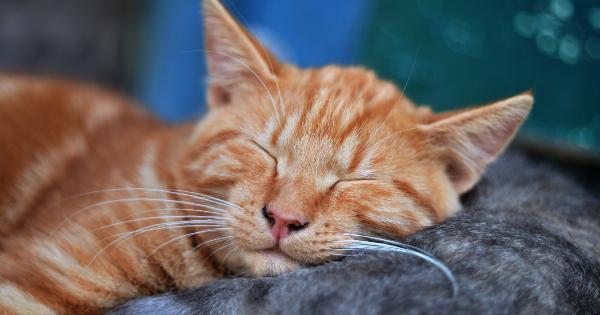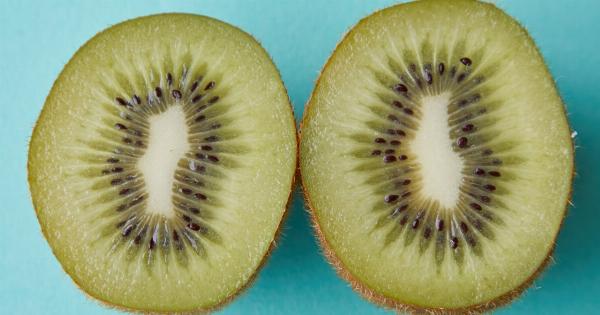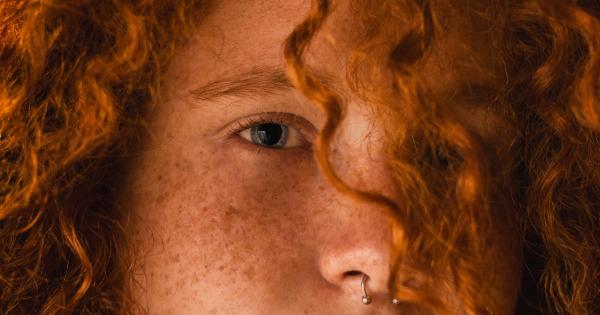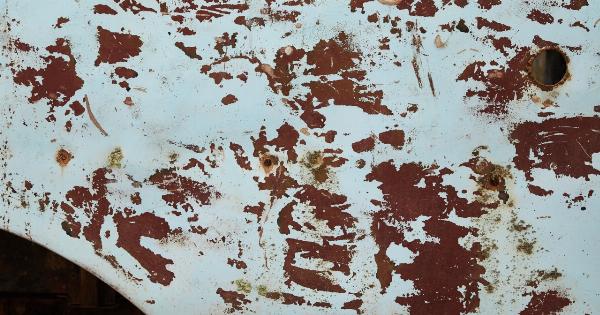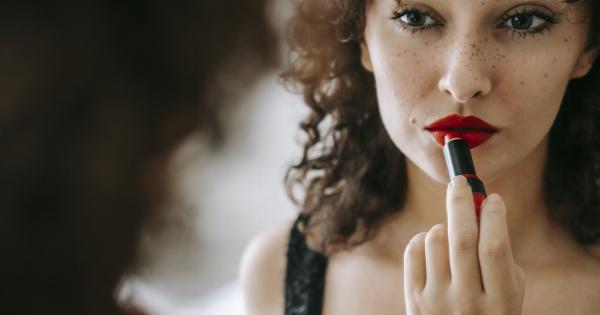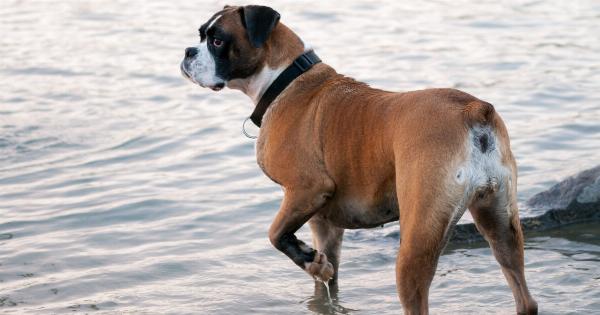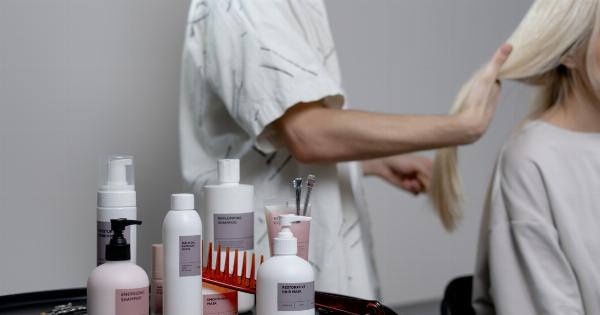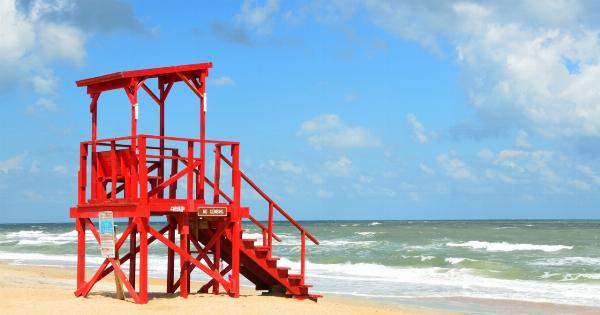Swimming is one of the most popular activities during summer months. There is nothing like jumping into a cool and refreshing swimming pool on a hot sunny day to beat the heat. However, many swimmers complain of dry, frizzy, and damaged hair.
They attribute this to the chlorine present in pool water.
What is chlorine?
Chlorine is a chemical that is commonly used in swimming pools to keep them clean and safe. Chlorine helps in killing germs and bacteria that can cause waterborne illnesses. It is also effective in preventing algae growth in the pool.
Chlorine is added to the water in the form of a chemical compound known as sodium hypochlorite or calcium hypochlorite.
How does chlorine affect hair?
Many people have this misconception that chlorine is the main cause of hair damage after swimming. Chlorine itself is not harmful to hair. However, the chemical reaction that takes place between chlorine and the hair can cause some damage.
Chlorine strips the natural oils from the hair, leaving it dry and dull. This is because chlorine is a powerful oxidizing agent and it breaks down the proteins in the hair shaft. This can cause the hair to become rough, frizzy, and tangled.
How to protect hair from chlorine?
While it is impossible to completely avoid chlorine in pool water, there are some steps that swimmers can take to protect their hair from its damaging effects.
- Wet the hair before swimming: Wetting the hair before entering the pool can help reduce the amount of chlorine that gets absorbed by the hair. The hair can absorb up to 30% more water when it is already wet.
- Wear a swimming cap: Wearing a swimming cap is an effective way to protect the hair from chlorine. The cap creates a barrier between the hair and the pool water, reducing the amount of chlorine that comes in contact with the hair.
- Rinse with fresh water: After swimming, it is important to rinse the hair thoroughly with fresh water. This helps to remove any residual chlorine in the hair.
- Use a clarifying shampoo: Using a clarifying shampoo once a week can remove any build-up of chlorine or other chemicals in the hair. This can help to restore the hair’s natural shine and softness.
- Apply leave-in conditioner: Applying a leave-in conditioner to the hair before swimming can help to protect the hair from chlorine. The conditioner creates a protective barrier between the hair and the pool water.
Conclusion
Chlorine is not the main cause of hair damage after swimming. The chemical reaction between chlorine and the hair can cause some damage. However, there are steps that swimmers can take to protect their hair from chlorine.
Wetting the hair before swimming, wearing a swimming cap, rinsing with fresh water, using a clarifying shampoo, and applying a leave-in conditioner are all effective ways to protect hair from chlorine damage.









